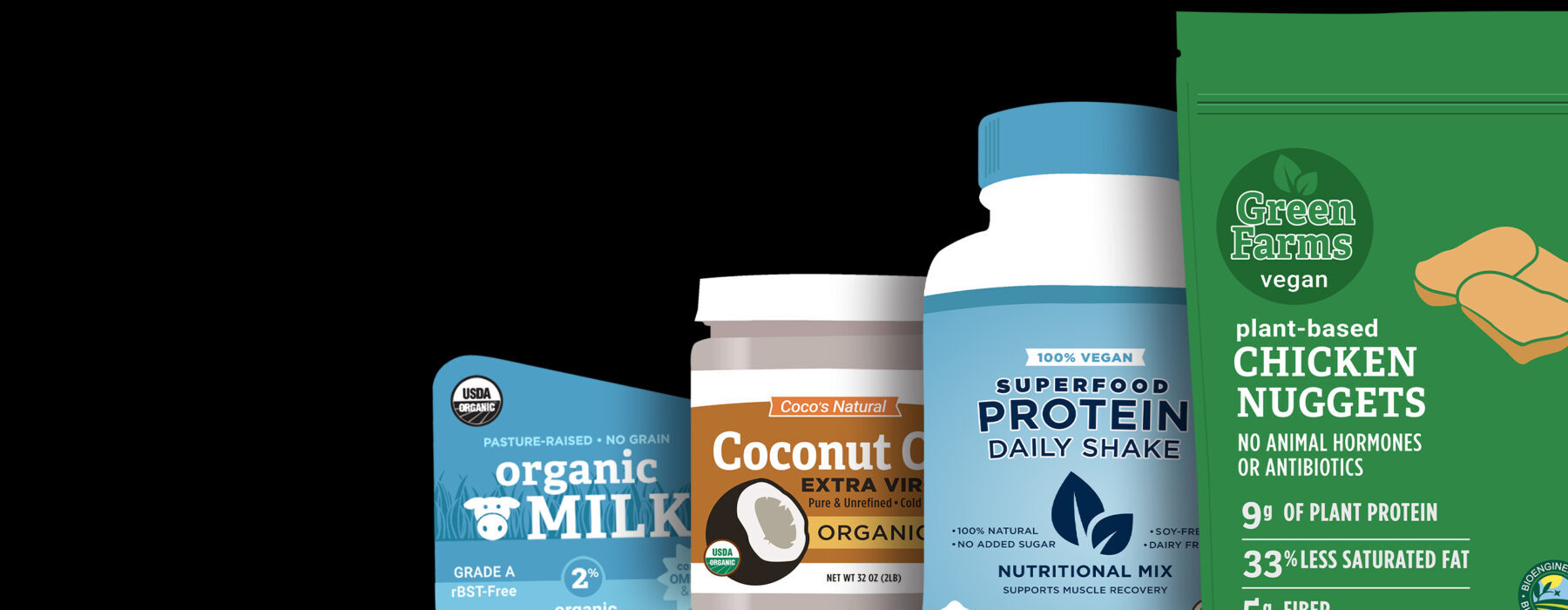This issue brief discusses how the First Amendment may prevent the federal government from restricting or compelling speech on food and dietary supplement labels.
The federal government has an interest in protecting consumers from false or misleading food and supplement labels. The government may enact laws that control what information is included on food labels, or prohibit certain statements outright. However, the First Amendment of the US Constitution limits the government’s ability to legislate speech, including label statements. This issue brief explains how courts have interpreted the First Amendment in the context of food labeling laws.
For many consumers, food and supplement labels are the sole source of information about a product. To facilitate consumer knowledge and understanding, the federal government requires manufacturers and producers to disclose certain information on food labels to inform consumers about specific characteristics of the product, nutritional facts, and contact information.1 Apart from these mandatory disclosures, producers can include additional voluntary statements related to the healthfulness of the food product, the presence or absence of certain ingredients, and production and growing methods, among other things, so long as those statements are not false or misleading and operate within the legal framework established for commercial free speech under the First Amendment. While the First Amendment traditionally protects against government restrictions or compulsions of speech, the Supreme Court has determined that commercial speech, defined as speech that proposes a commercial transaction, is protected to a lesser extent. Courts in the United States recognize speech related to food and dietary supplement product labels and advertising as forms of commercial speech.
Two prominent Supreme Court cases address how and when the government can restrict or compel commercial speech: Central Hudson Gas and Electric Corp. v. Public Service Commission (Central Hudson) and Zauderer v. Office of Disciplinary Counsel (Zauderer). Generally, courts turn to the Central Hudson test when the government attempts to restrict commercial speech. With regard to labeling, this tends to come up when the government prohibits false and misleading claims on food or supplement labels. Conversely, when
the government is trying to compel information on a food or supplement label through a disclosure such as a disclaimer or a warning, courts typically review the required disclosure under the Zauderer test. Government-compelled speech on food and supplement labels is common—examples include nutrition facts, ingredient lists, and safe handling instructions. This issue brief discusses how the First Amendment may prevent the federal government from restricting or compelling speech on food and dietary supplement labels.
Suggested Citation
Mackenzie Battle & Cydnee Bence, How Does the First Amendment Apply to Food and Supplement Labels?, Vt. L. & Grad. Sch. Ctr. for Agric. and Food Sys., https://labelsunwrapped.org/wp-content/uploads/2021/06/First-Amendment-Food-Labeling-Issue-r5.pdf (last visited June 1, 2024).




